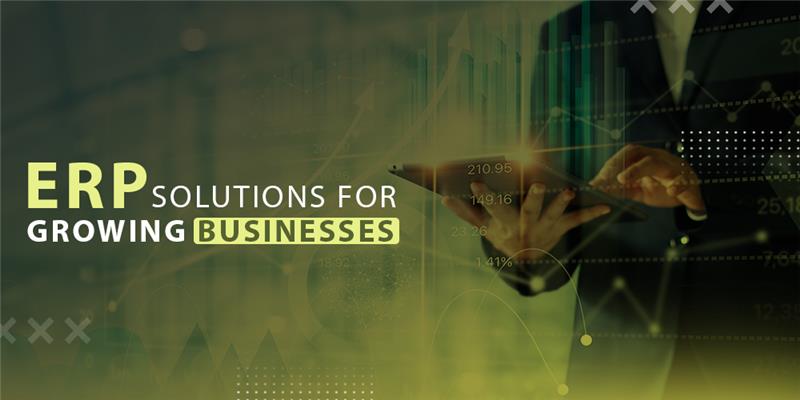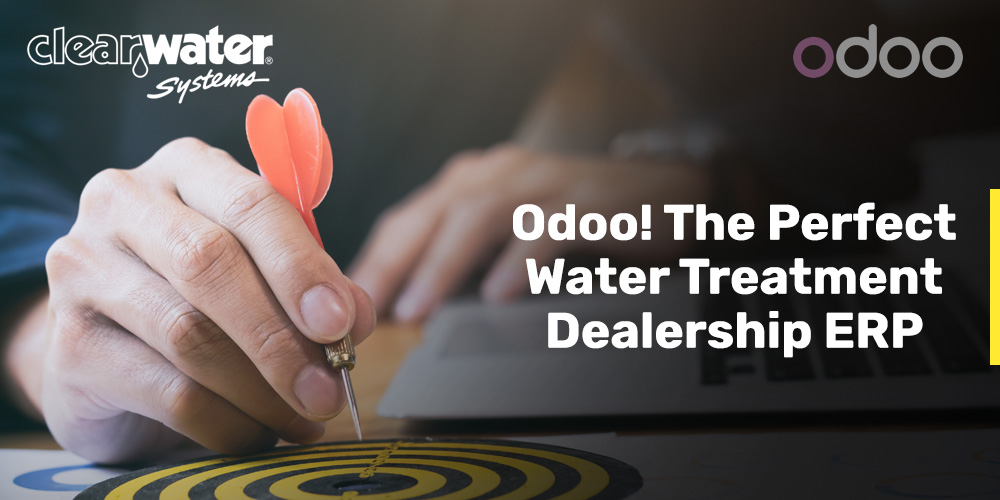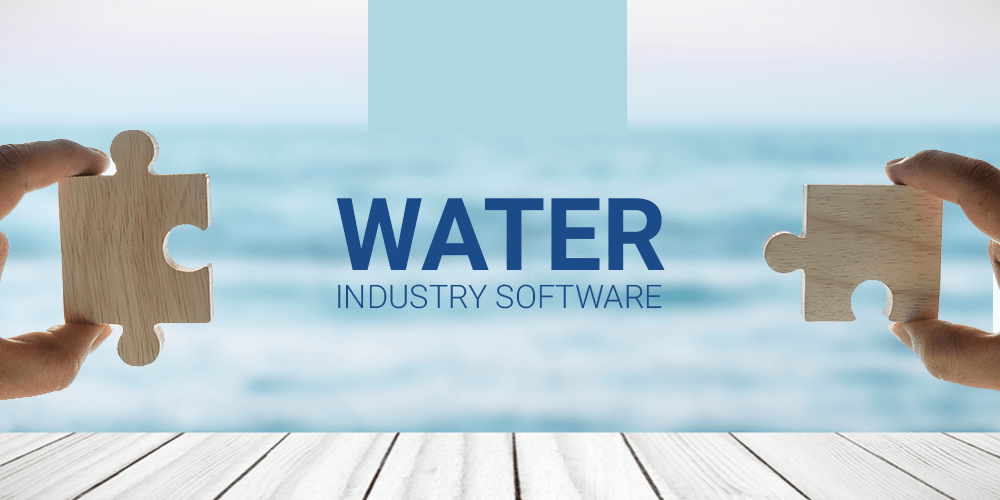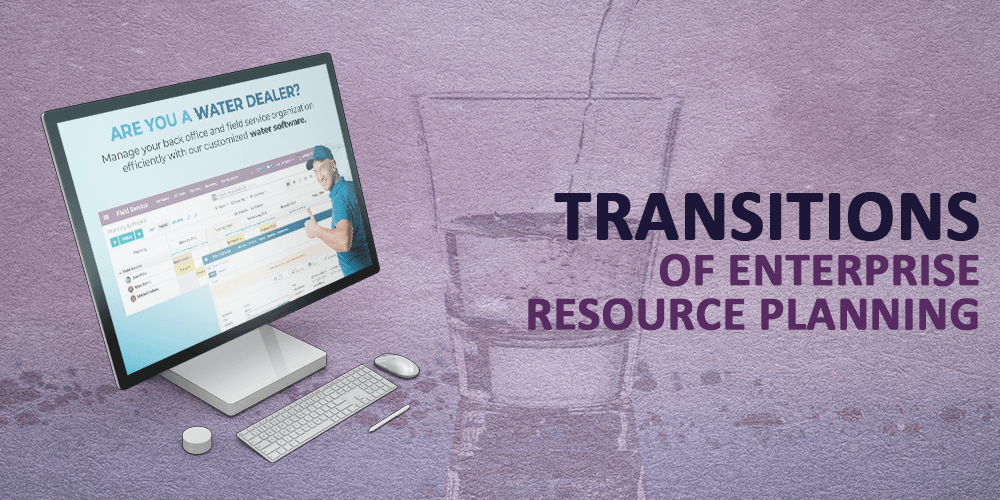Large companies have been using ERP systems for many years. They had enough money to buy costly ERP services at a time when manual business management was the norm. ERP Systems, back then, performed important functions related to inventory management, purchase orders, manufacturing, point of sale, and payroll, etc. It is only in the last few years with the rise of cloud technology and with innovative IT solutions that the medium and small-sized businesses gradually started to implement ERP solutions. ERP Systems have delivered remarkable results for these enterprises in terms of managing business effectively and productively by reducing business costs, increasing sales, integrating various business operations, providing tools for future business forecasts, and reducing the probability of human error and inefficiency in performing all these tasks. At the same time, the decision to select which ERP solution to buy and from which vendor is not easy. Requires significant research and assessment before a company makes a final decision. Once a decision is made, and an ERP is implemented, and if the ERP does not match your business or any specific module, it is difficult to change it or get rid of it because of immense associated costs. There is everything to lose once you buy an ERP and then want to change it in a couple of months. The ERP decisions are taken considering the long-term planning of your business. So, let’s discuss what factors you should have in mind while making a plan to purchase an ERP solution.
Research About Specific Modules: Do some research about how different ERP solutions take care of specific business modules that you are interested in. Talk to the consultants of those companies and explain your business requirements in detail.
ERP Already Implemented in the Same Industry: Do not take a risk of purchasing an ERP that has not tested itself with the module that you want to be implemented for your business. Always choose the ERP which has implemented a good number of projects in the same module and industry and then assess their performance and make a final decision.
Vendor or Value-Added Seller: Make an informed decision about buying ERP from a vendor seller or through a value-added seller. Again, do some research and see how other companies go about it.
Budget Assessment: This is the most important factor for mid-sized businesses. Make all calculations with your team about budgeting and costing since ERP is something that is more helpful for long term business decisions.
Customization and Expansion: Discuss about ways of expanding and customizing the ERP in future so that you have knowledge about potential expansion and customization beforehand.
Choose Best Consultant: After doing initial research, discuss all questions with the consultant related to their relationship with the vendor, cost, expansion, and customization, and how to deal with minor issues, if they arise, after implementation.
These are some primary aspects that you must take into consideration while choosing a right ERP for your mid-sized business enterprise. They will help you with making a more informed and calculated decision in terms of buying from which vendor and why. Reach out to us for more details, as we have a plenty of experience in ERP implementation and customization for mid-sized businesses.








